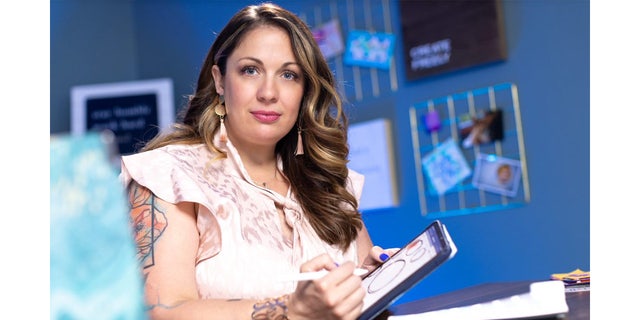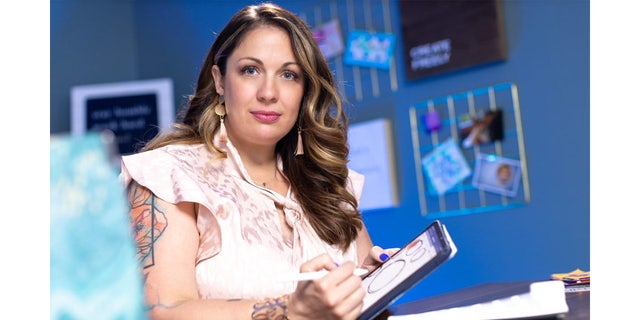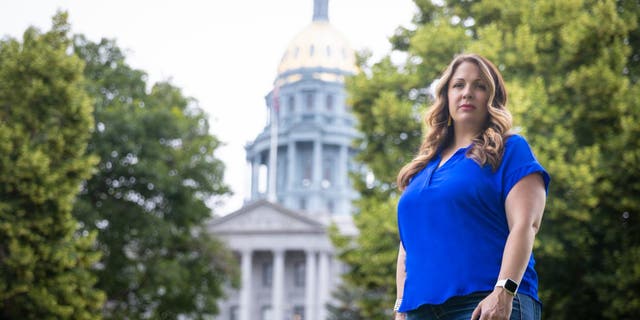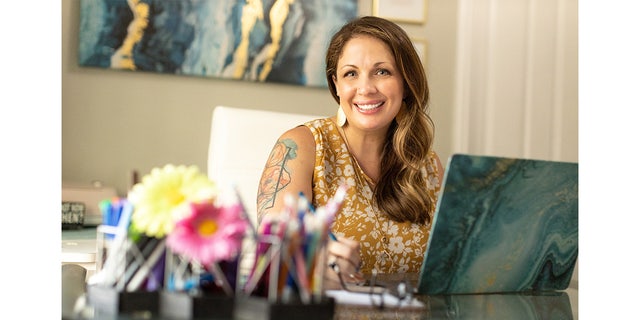
The U.S. Supreme Court held that a Colorado graphic designer who wants to make wedding websites does not have to create them for same-sex marriages, in a landmark decision that pit the interests of LGBTQ non-discrimination against First Amendment freedom.
In a 6-3 decision issued Friday, the high court ruled in favor of artist Lorie Smith, who sued the state over its anti-discrimination law that prohibited businesses providing sales or other accommodations to the public from denying service based on a customer’s sexual orientation.
Justice Neil Gorsuch authored the majority opinion, which said that, “In this case, Colorado seeks to force an individual to speak in ways that align with its views but defy her conscience about a matter of major significance.”
“But, as this Court has long held, the opportunity to think for ourselves and to express those thoughts freely is among our most cherished liberties and part of what keeps our Republic strong,” Gorsuch continued.
“But tolerance, not coercion, is our Nation’s answer. The First Amendment envisions the United States as a rich and complex place where all persons are free to think and speak as they wish, not as the government demands. Because Colorado seeks to deny that promise, the judgment is reversed,” he concluded.

Lorie Smith, owner of 303 Creative at center of Supreme Court free-speech case. (ADF )
COLORADO WEB DESIGNER ‘TERRIFIED,’ RECEIVING DEATH THREATS OVER SUPREME COURT FREE SPEECH CASE
Smith said the law infringed on her First Amendment rights by forcing her to promote messages that violate her deeply held faith.
The case, 303 Creative LLC v. Elenis, drew national attention as it featured competing interests of the First Amendment right to free speech and non-discrimination against the LGBTQ community.
The law, known as the Colorado Anti-Discrimination Act (CADA), prohibits businesses providing sales or services to the publics from denying services to someone based on their identity. Supporters of CADA claim that the law is necessary to keep businesses from discriminating.
READ THE SUPREME COURT OPINION – APP USERS, CLICK HERE:
Smith has maintained throughout the case that she has no problem working with the LGBTQ community, just not for gay weddings.

303 Creative owner Lorie Smith said she faced threats after challenging the Colorado Anti-Discrimination Act. (Credit: Alliance Defending Freedom)
“I think it’s important for people to understand that I love and welcome the opportunity to work with all people. My case has never been about choosing which client to work with, but about choosing the message that I’m being asked to promote,” Smith told Fox News Digital in a March 2022 interview.
Smith has said that she faced threats throughout the duration of her case.
“I’ve had my home address put on social media, I have received many threats — death threats, threats of bodily harm,” she said in December. “The security system on my home, my child’s school has been on alert. I’ve lost business, my clients have been harassed and my website… people attempt to hack into it, almost regularly by the hour.”

Lorie Smith of 303 Creative (Credit: Alliance Defending Freedom )
Despite this, Smith said she did not regret going to court.
“The right to speak freely is guaranteed to all of us, and that’s been hard at times,” she said. “While it has come at a cost, it’s a right worth protecting.”
CLICK HERE TO GET THE FOX NEWS APP
This is the second time CADA has been at the center of a Supreme Court case. In 2018, bakery Masterpiece Cakeshop won a case where owner Jack Phillips refused to design and create cakes specifically for gay weddings.
That case did not rule on whether the law itself violated the First Amendment for free speech or religious reasons, as they held that the Colorado Civil Rights Commission had anti-religious bias in enforcing the law against Phillips.







